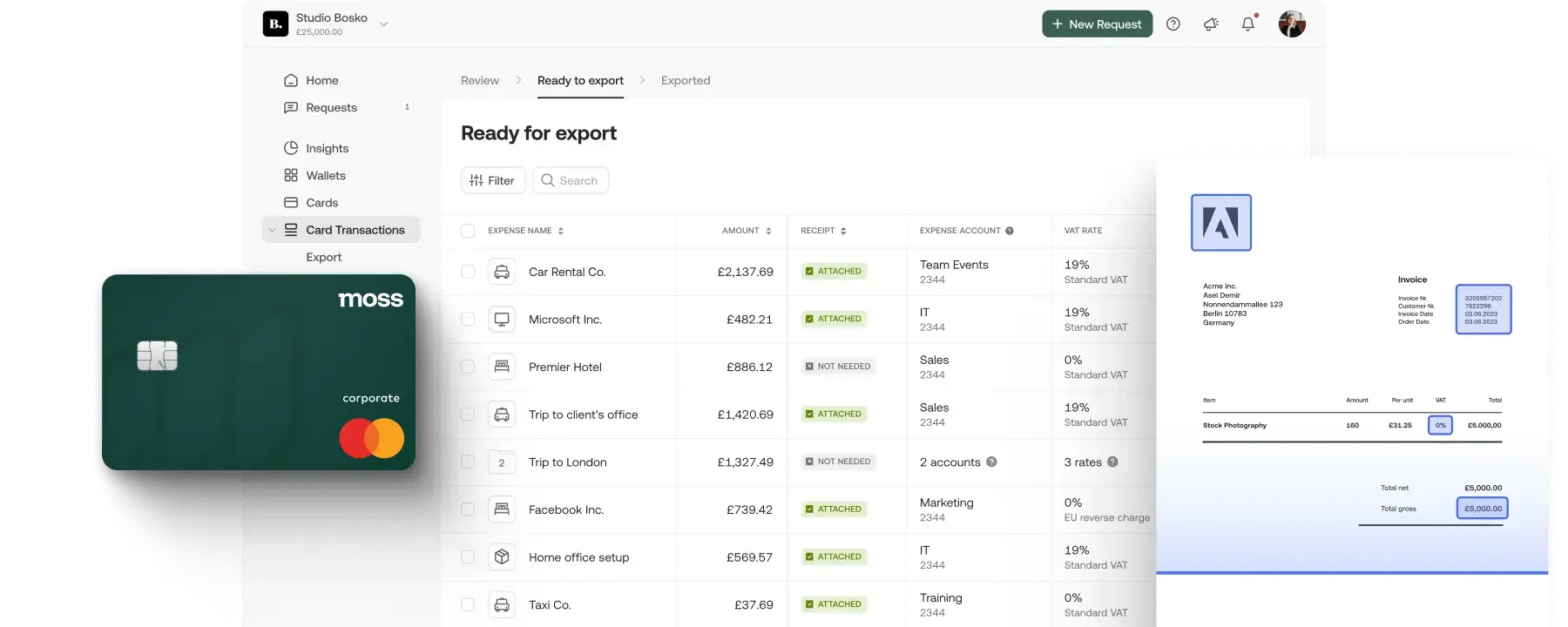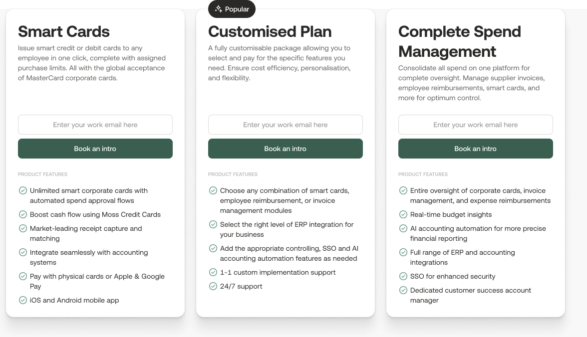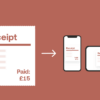Regardless of the position or industry you work in, you’ve probably encountered employee expenses at some point in your working life. Employee expenses are work-related costs that you, as an employee, have to pay out of pocket as a result of your job.
Most employers will reimburse you for expenses that you have to pay on the job. However, depending on the expense, you and your employer may have to pay tax on the reimbursement.
Luckily, it’s possible to claim a tax deduction on a long list of employee expenses. These are known as deductible or allowable expenses. However, as with all things tax-related, the list of rules and exceptions is long and rather complicated.
Whether you’re an employer or an employee, it pays (literally) to be informed about employee expenses and the rules surrounding them. HMRC can hit you with some hefty penalties for claiming expenses incorrectly. But you’ll also lose out if you don’t claim at all.
To help, we’ve put together a guide that explains which expenses you can claim, and which you can’t, as well as how to go about doing so.
What are employee expenses?

As an employee, there are all sorts of costs that you have to pay because of your job. This includes everything from buying lunch at work, to paying for transport to and from events and meetings outside of the office.
Your employer will reimburse many of these costs, although the specifics vary from business to business. The rules and procedures should be outlined in detail in your employer’s expenses policy.
Employers can technically reimburse employees for any business-related expense that they want. But not all of these expenses are tax deductible. This means you and your employer will pay additional tax on these reimbursements.
HMRC draws a fine line between a reimbursed expense and a benefit, hence the detailed rules about what can be classed as an expense.
What are deductible expenses?
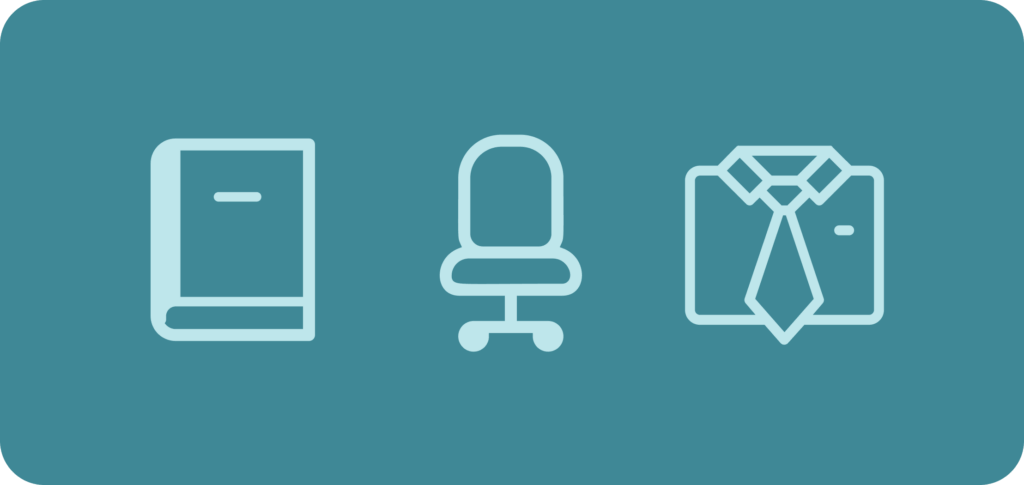
HMRC’s criteria for deductible expenses, i.e. expenses that can be claimed for a tax deduction, are strict. The core criteria for deductible expenses is that they were incurred:
‘Wholly, exclusively and necessarily in the performance of the duties of the employment.’
What exactly does this mean? Let’s break this down into some key points:
- The expense was incurred by the employee exclusively for the purposes of carrying out their job.
- The expense was absolutely necessary for the employee to do their job. In other words, they wouldn’t be able to complete their duties without it.
- The expense would have been incurred regardless of who was carrying out the same job.
- The expense must be less than the employee’s yearly earnings in that role.
This list of conditions is intentionally strict to ensure that you can only claim tax relief on essential expenses. To put these conditions into perspective, here are a couple of expense examples that we’ll test to see if they meet the criteria for a tax deduction or not.
- Maurice will be attending a two day conference for work. The dress code for the conference is semi-formal, so Maurice buys a new suit and smart shoes for the event and claims a reimbursement from his employer. In this case, Maurice and his employer would have to pay tax on this reimbursement because the suit and shoes are not exclusive expenses, i.e. he will be able to wear them after the event.
- Sarah works as a junior graphic designer but wants to transition to UX design. She buys a book to help her study UX design and gets the cost of the book reimbursed by her employer. While the book is relevant to aspects of Jen’s current job, and it will help her on her path to becoming a UX designer, it’s not relevant for Jen to perform her duties in her current position. As a result, she wouldn’t be able to claim tax relief on the reimbursement for the book.
- Max works in an office but doesn’t like the standard office chairs that the rest of his coworkers use. He buys a reclining chair and brings it to the office to use while he works. He then claims a reimbursement for the cost of the chair from his employer. In this case, the expense meets the first two points above because he only uses it at work, and he needs a chair to do his work. However, because Max’s employer already provides chairs for all employees, and he replaced it purely because of his own preference, the reimbursement would be taxed.
Still confused? Here’s a simple breakdown of employee expenses rules:
- Employers can reimburse employees for a variety of business-related expenses
- Unless expenses were incurred “wholly, exclusively and necessarily” in the course of your job, you and your employer will have to pay tax on the reimbursement
- If you’ve been reimbursed for tax-deductible expenses by your employer, you can’t claim a tax refund—but you also won’t pay additional tax
- If you haven’t been reimbursed for a tax-deductible expense by your employer, you may be eligible for tax relief from HMRC, provided you have receipts and the expense was incurred “wholly, exclusively and necessarily” in the execution of your job
Flat rate expenses
In addition to case-by-case employee expenses, HMRC also offers flat rate deductions for a number of specific work-related expenses. Flat rate deductions are a fixed amount of tax relief that is applied to the employee’s payroll at the end of the year. They are intended to cover mandatory costs associated with certain professions or jobs, such as work uniform cleaning costs and work-related tools.
One advantage of flat rate deductions is that employees do not have to provide proof of the expense via a receipt. However, if it is more beneficial to claim against actual costs they can do so using the standard procedure.
Which flat deductions any individual employee is entitled to is determined by the industry that they work in and their job title. Examples of flat rate expenses include:
| Industry | Job title | Flat rate deduction |
| Agriculture | All workers | £100 |
| Building | Joiners and carpenters | £140 |
| Cement workers, roofing felt and asphalt labourers | £80 | |
| Fire service | All uniformed firefighters and fire officers | £80 |
| Forestry | All workers | £100 |
| Iron mining | Fillers, miners and underground workers | £120 |
| All other workers | £100 | |
| Police force | Ranks of police officers up to and including chief inspector | £140 |
| Community support officers including Metropolitan Police | £140 | |
| Other police employees (but not special constables) | £60 | |
| Quarrying | All workers | £100 |
You can find the full list of flat rate expenses for different job titles on the gov.uk website.
HMRC has specific guidelines for certain types of employee expenses. For example, employees who have to travel for work using their own card can claim a fuel allowance. This is awarded on a per-mile basis, with different rates for different types of vehicle.
There’s also tax relief for individuals who are required to work from home. This is to account for certain costs that are passed on to employees which would usually be covered by the employer in the place of work (including electricity, internet and supplies).
How do I claim employee expenses?
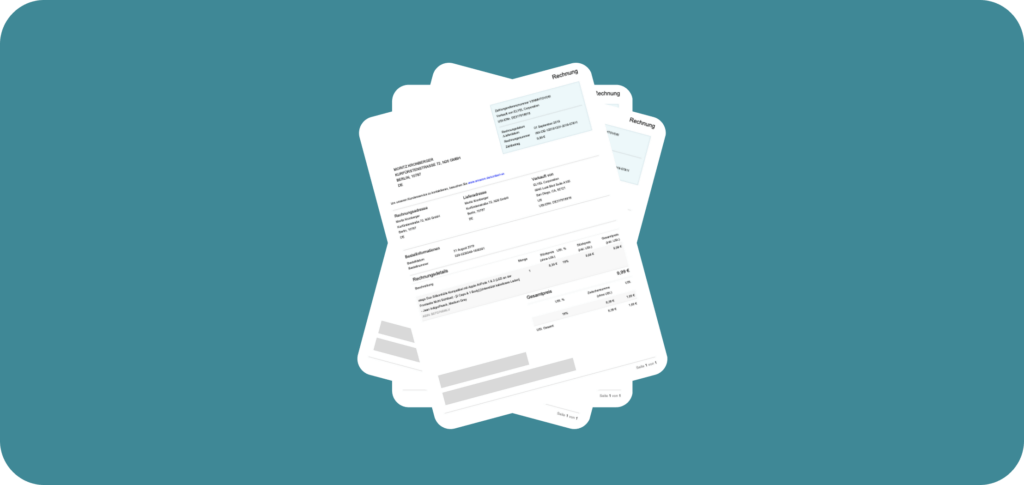
Each year, employers have to submit P11D forms for every employee. The P11D form outlines the details of all expenses and benefits that the employer has provided to employees which don’t fall under normal payroll. It allows HMRC to calculate the amount of tax owed on each item.
Employees have a few different options for claiming tax relief on work-related expenses that have not been reimbursed by their employer.
The easiest method is the online service, which you can find on the gov.uk website. Once you’ve completed the application, you’ll get a reference number that you can use to track your claim.
Alternatively you can claim via post using a P87 form. You’ll also need to fill out a P87 form if you’re claiming for someone else, are claiming for multiple tax years, or you have multiple jobs.
Finally, there’s the phone claim service. You can use this method to claim if your total expenses are less than £1,000, or less than £2,500 for professional services and fees. To use the phone service you also need to have claimed expenses in a previous year.
If you’re claiming more than £2,500 per year, you can only do so as part of a Self Assessment tax return. Remember, unless you’re claiming flat rate expenses, you’ll need to provide receipts for each item on your application.
What happens if I make false expenses claims?
Falsifying an expense claim, i.e. claiming more than you are entitled to or making up an expense entirely, can land you in a lot of trouble with both your employer and the tax office.
Most employers consider false expense claims grounds for dismissal, and HMRC takes it even more seriously. If you’re caught, you can face big fines and even imprisonment. Even though HMRC applies tax deductions on a ‘pay first, check later’ basis, they will go through your claim with a fine-toothed comb and may ask for additional documentation to prove that your claim is legitimate.
Keeping track of your expense receipts
As we’ve already mentioned, if you want to claim tax relief for employee expenses, it’s vital that you keep your receipts. HMRC and your employer will want to see a receipt as a proof of purchase before you’re reimbursed for expenses or given a tax deduction.
Depending on how often you travel or accumulate expenses while working, you may end up having to keep track of a sizeable wad of receipts. Luckily, many shops and vendors now offer digital receipts instead, which can make the process significantly easier. TfL even offers digital receipts for travellers who use contactless to pay for trips on London transport.
Managing employee expenses with Moss
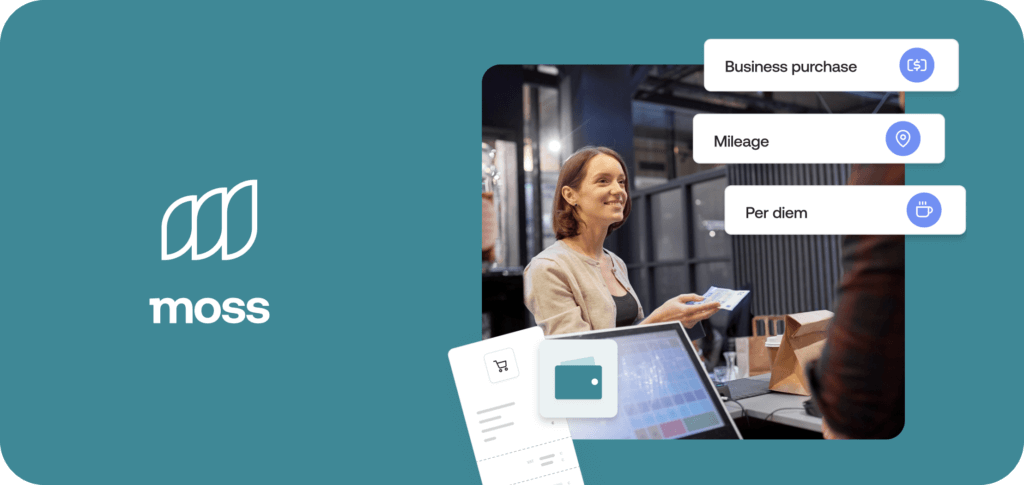
Moss allows businesses to speed up a host of spend-related processes with fully customisable corporate expense cards and a powerful spend management platform.
With Moss, you can give each of your employees or teams their own expense card, with custom spend limits and unique card numbers. You can track and approve every expense your employees make as they work, directly from the Moss app. With Moss credit cards you can eliminate the reimbursement process altogether. Your employees will have direct, but restricted, access to company funds, rather than having to spend their own money.
If your employees do spend money on their own cards, Moss’s reimbursement management tools eliminate the hassle that usually makes the process so tricky.
FAQs
Employee expenses are costs that employees incur as a result of their job. Businesses can reimburse employees for many different work-related expenses, but they may be subject to tax.
Employees can claim tax relief for work-related expenses that they incur ‘wholly, exclusively and necessarily in the performance of the duties of the employment.’ If these criteria are met, HMRC will provide tax relief for the cost of the expense at the end of the year.
If you’re self-employed or a sole trader, the list of tax deductible expenses that you can claim is slightly longer than it is for normal employees. Many additional expenses that are related to the running of your business will be included.
Flat rate expenses are expenses related to specific jobs which HMRC covers with a fixed rate deduction. For example, all police officers above a certain rank can receive a flat rate deduction of £140 per year, without having to provide any receipts when they claim.
To claim tax relief for work-related expenses you must complete an application along with receipts for each item you want to claim. You can do this either online, via post or, under certain circumstances, via phone.

